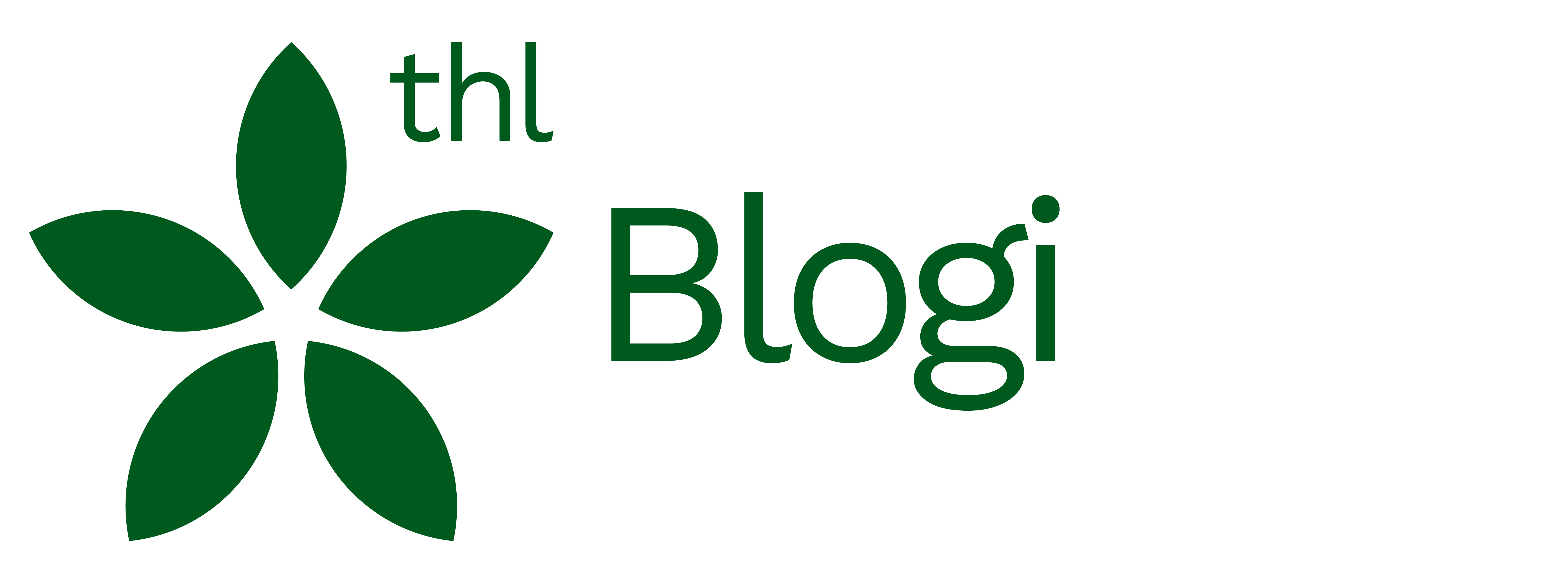We must continue challenging outdated attitudes and prejudices to create a more inclusive and equal society. One recent example sparked lively discussion in disability organisations: a high-level political authority publicly used the term “disabled person” (vammainen) in a degrading manner. It was explained as humorous, and the seriousness of the situation was downplayed.
The use of offensive language has become more common and casual, and it has been particularly worrying to see it increase in the political setting.
Language does not only mean individual words and sets of symbols; it helps create the reality we live in. Language also shapes and maintains exclusionary norms. Offensive language should not be disguised as humorous comments by those in power. It will become normalised and take root in public discussion. For instance, the debate on racism in the summer has also affected the language of children and young people both at school and in social media. Those in power are also responsible for how they use their power – including the power of words.
Ableism and racism are examples of different forms of discrimination
Discrimination based on ethnicity, origin and skin colour (racism) and discrimination based on disability (ableism) are different forms of discrimination. Our society’s prevailing norms and attitudes may discriminate against different demographics. Discrimination may be based on a person’s age, origin, gender, language, religion, state of health, disability, sexual orientation or political activity, among other characteristics. Multiple discrimination refers to being subjected to discrimination on the basis of several different grounds for discrimination. A person may be discriminated against based on both disability and ethnicity either simultaneously or in different circumstances.
Racism is a thought pattern in which certain groups of people are considered inferior or treated unequally based on characteristics such as ethnic origin, skin colour, culture or religion. Ableism comes from the word “able”, which means “capable”. Ableism refers to discrimination based on disability, illness or differences in functional capacity. Ableism entails a presumption of functional capacity in which a disability or illness is seen as an abnormality that prevents leading a common life and participation.
Ableism and racism may manifest as internalised, in interaction and at the structural level. Internalised ableism and racism mean that a person themselves has internalised negative perceptions of their reference group and this affects their self-esteem and inclusion. The use of offensive language and hate speech are examples of ableism or racism occurring in interaction. The manifestations of structural ableism and racism prevent people from acting as fully-fledged citizens in our society, for example by preventing employment.
Social norms are not created in a vacuum
Social norms guide our actions. They are generalised rules, expectations, perceptions and repetitive actions that create and maintain notions of what is normal and what is not. Through the lens of these norms, we understand the world by categorising, but the norms come with assumptions about different groups of people.
Certain social narratives become central while other ones become marginalised. We can perceive this by observing whose stories are reported in the media or who appears in the images in textbooks. Who are considered specialists or decision-makers? Norms are not created in a vacuum. Instead, they are actively created and shaped through history, culture, time and place. Norms also cause discrimination, and recognising discriminatory norms promotes the realisation of equality.
Valuing diversity
Norm criticism refers to action that dismantles prevailing discriminatory norms. Awareness of norms allows us all to reconsider our assumptions and perceptions of what we consider normal. “Normal” in itself is a very exclusionary term because it implies that everything else is abnormal. Because language creates and upholds norms, we can also decide whether we normalise racist or ableist language through language.
Every one of us is a unique and multifaceted individual. By actively changing prejudices and acknowledging the diversity of all individuals, we can create an equal and respectful culture. It is time to start a dialogue on how we can free ourselves from antiquated attitudes and norms. One way to do this is to emphasise and improve the benefits diversity can offer to our society. Let’s dismantle racist and ableist language together and take a serious stance on intervening in offensive language and hate speech.
The article is part of the Disability in Society blog series
The Disability in Society blog series deals with phenomena connected with disability and services for persons with disabilities in our society. The concept of disability has changed with time. Issues that are important today include human rights, participation, self-determination, access, and accessibility.
Further reading:
Support material, Migration and cultural diversity (THL)
Promoting Equality and tackling discrimination (Non-Discrimination Ombudsman)
